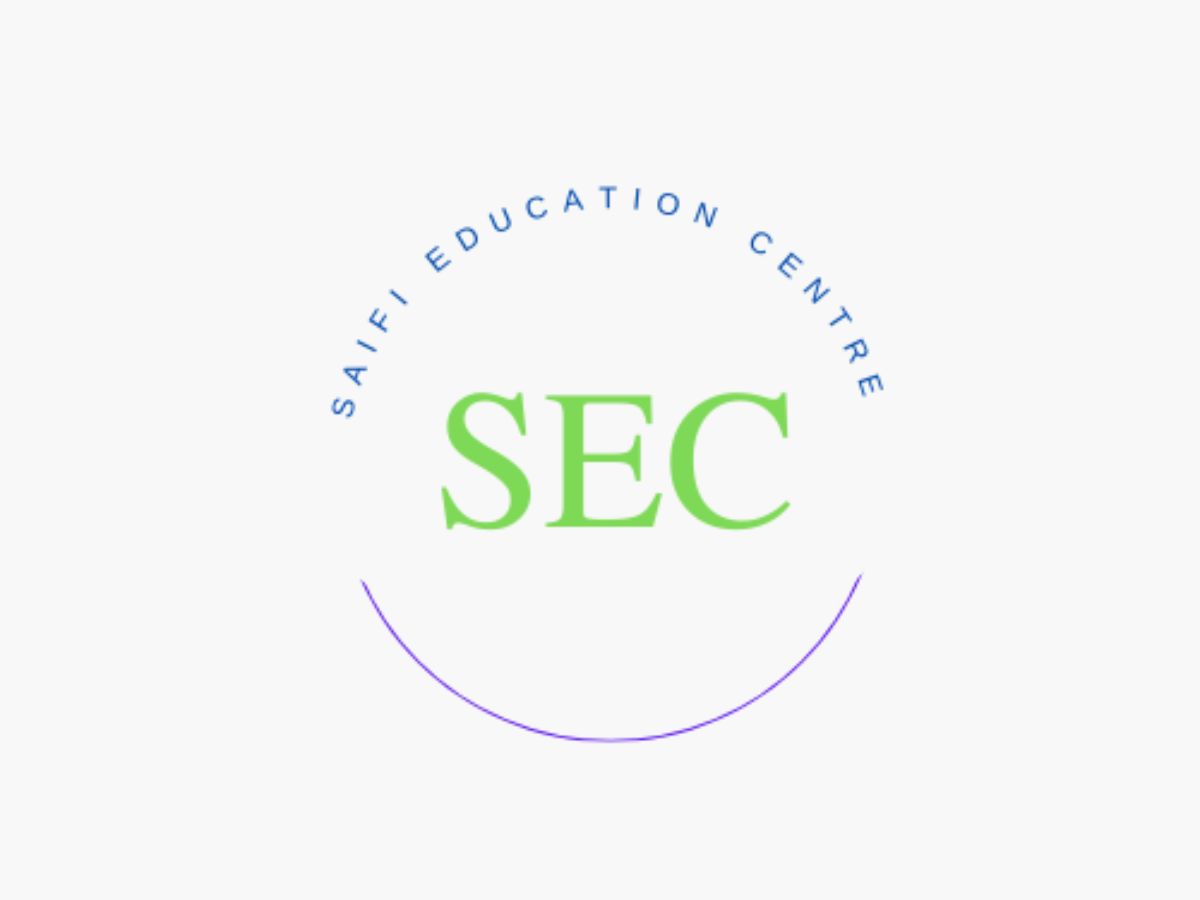Financial Wisdom: Exploring "Rich Dad Poor Dad"
In the realm of personal finance literature, few books have captured the imagination and inspired a paradigm shift in thinking about wealth creation as profoundly as Robert T. Kiyosaki's "Rich Dad Poor Dad." Published in 1997, this groundbreaking book has become a timeless classic, offering invaluable insights into financial literacy, mindset, and the principles of wealth accumulation. Let's delve into the essence of "Rich Dad Poor Dad" and understand why it continues to resonate with millions worldwide.
Understanding the Dichotomy :-
At the core of "Rich Dad Poor Dad" lies the juxtaposition of two influential figures in Kiyosaki's life: his biological father (Poor Dad) and the father of his childhood friend (Rich Dad). Through contrasting narratives, Kiyosaki elucidates how each father's beliefs, attitudes, and approaches toward money profoundly shaped his own financial journey and mindset.
Poor Dad, an educated man with a stable job as an academic, epitomizes the traditional approach to wealth accumulation: obtaining a good education, securing a steady job, and relying on a paycheck to cover expenses. In contrast, Rich Dad, a self-made entrepreneur, embodies a different philosophy—one centered around financial independence, entrepreneurship, and investment.
Financial Education vs. Formal Education :-
One of the central tenets of "Rich Dad Poor Dad" is the distinction between financial education and formal education. Kiyosaki argues that while formal education is undoubtedly valuable, it often fails to impart essential lessons about money management, investing, and wealth creation. Instead, he advocates for self-education and lifelong learning as critical components of financial success.
Rich Dad emphasizes the importance of financial literacy—the ability to understand and effectively manage one's finances—as a cornerstone of wealth accumulation. He encourages Kiyosaki and his friend to cultivate a mindset of curiosity and a willingness to take calculated risks in pursuit of financial independence.
The Power of Assets and Liabilities :-
Another fundamental concept explored in "Rich Dad Poor Dad" is the distinction between assets and liabilities. Kiyosaki defines an asset as anything that puts money in one's pocket, such as rental properties, stocks, or business ventures. Conversely, liabilities are expenses that drain one's financial resources, such as mortgages, car payments, and credit card debt.
Rich Dad teaches Kiyosaki the importance of prioritizing the acquisition of assets over liabilities—a mindset shift that is instrumental in building long-term wealth. By focusing on accumulating income-generating assets and minimizing unnecessary expenses, individuals can gradually transition from dependence on earned income to financial freedom.
The Role of Entrepreneurship and Investing :-
"Rich Dad Poor Dad" extols the virtues of entrepreneurship and investing as vehicles for wealth creation. Kiyosaki emphasizes the need to break free from the conventional mindset of trading time for money and instead leverage one's creativity, resourcefulness, and financial intelligence to generate passive income streams.
Entrepreneurship, according to Kiyosaki, offers unparalleled opportunities for wealth accumulation and personal fulfillment. By starting and scaling businesses, individuals can harness their talents and create value in the marketplace, thereby unlocking unlimited earning potential.
Similarly, investing in income-producing assets such as real estate, stocks, and bonds enables individuals to multiply their wealth over time through the power of compounding returns. Kiyosaki underscores the importance of adopting a long-term perspective and embracing calculated risks in pursuit of financial growth and prosperity.
Conclusion :-
Embracing Financial Empowerment.
"Rich Dad Poor Dad" transcends the conventional boundaries of personal finance literature by offering a holistic blueprint for financial empowerment and prosperity. Through the timeless wisdom imparted by Rich Dad, readers are challenged to question societal norms, expand their financial horizons, and take decisive action towards achieving financial independence.
At its essence, "Rich Dad Poor Dad" is not merely a book about money—it is a manifesto for personal and professional transformation. By embracing the principles of financial education, asset accumulation, entrepreneurship, and investing, individuals can rewrite their financial destinies and unlock a world of limitless possibilities.
As we navigate the complexities of today's economic landscape, the teachings of "Rich Dad Poor Dad" serve as a beacon of hope and inspiration for those who dare to dream and defy the status quo. Let us heed the lessons of Rich Dad, cultivate a mindset of abundance and abundance, and embark on a journey towards financial freedom and fulfillment.
In the words of Robert T. Kiyosaki, "The single most powerful asset we all have is our mind. If it is trained well, it can create enormous wealth in what seems to be an instant." May we harness the power of our minds and embrace the path to financial greatness with courage, conviction, and unwavering determination.

.jpg)
